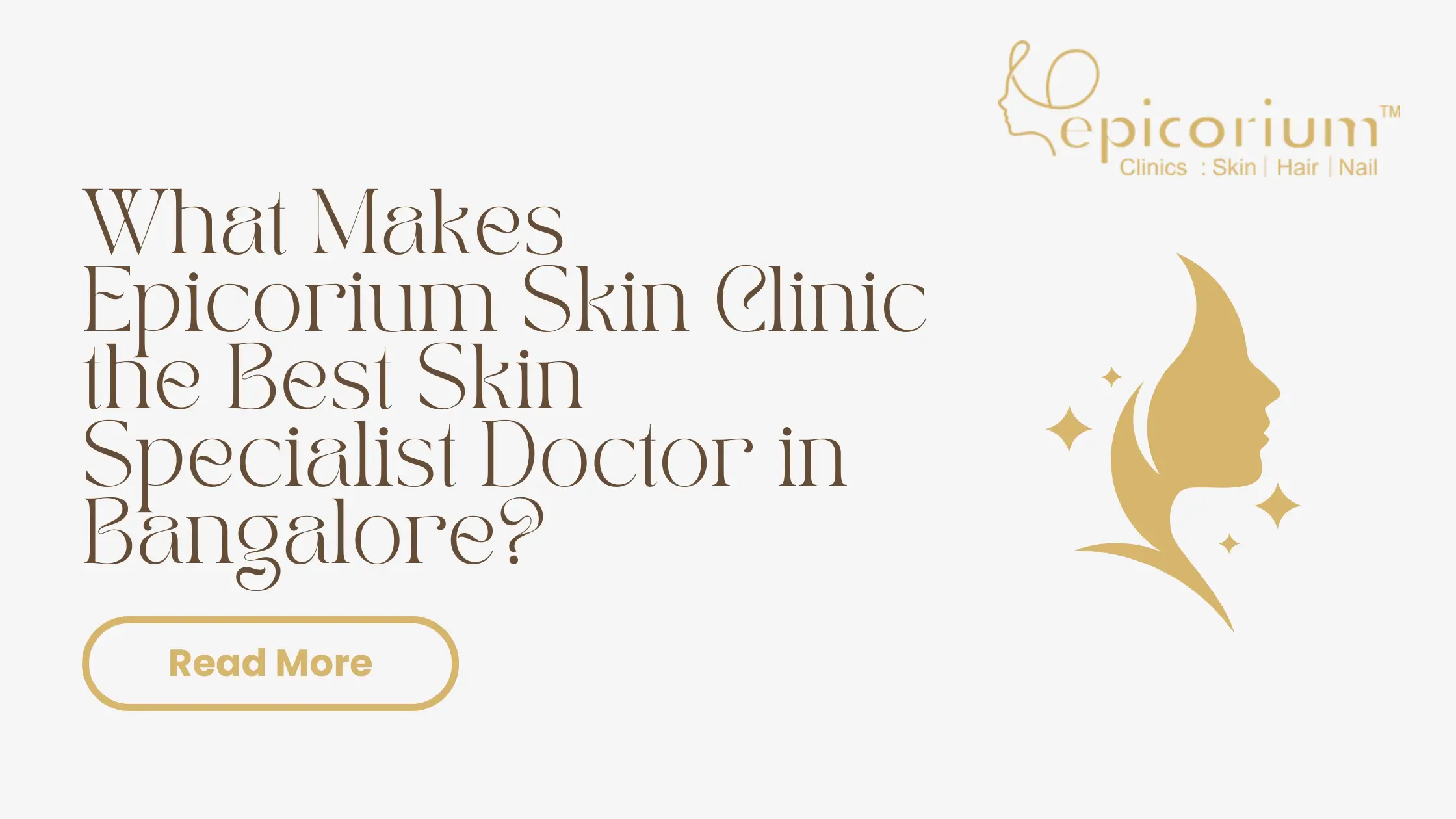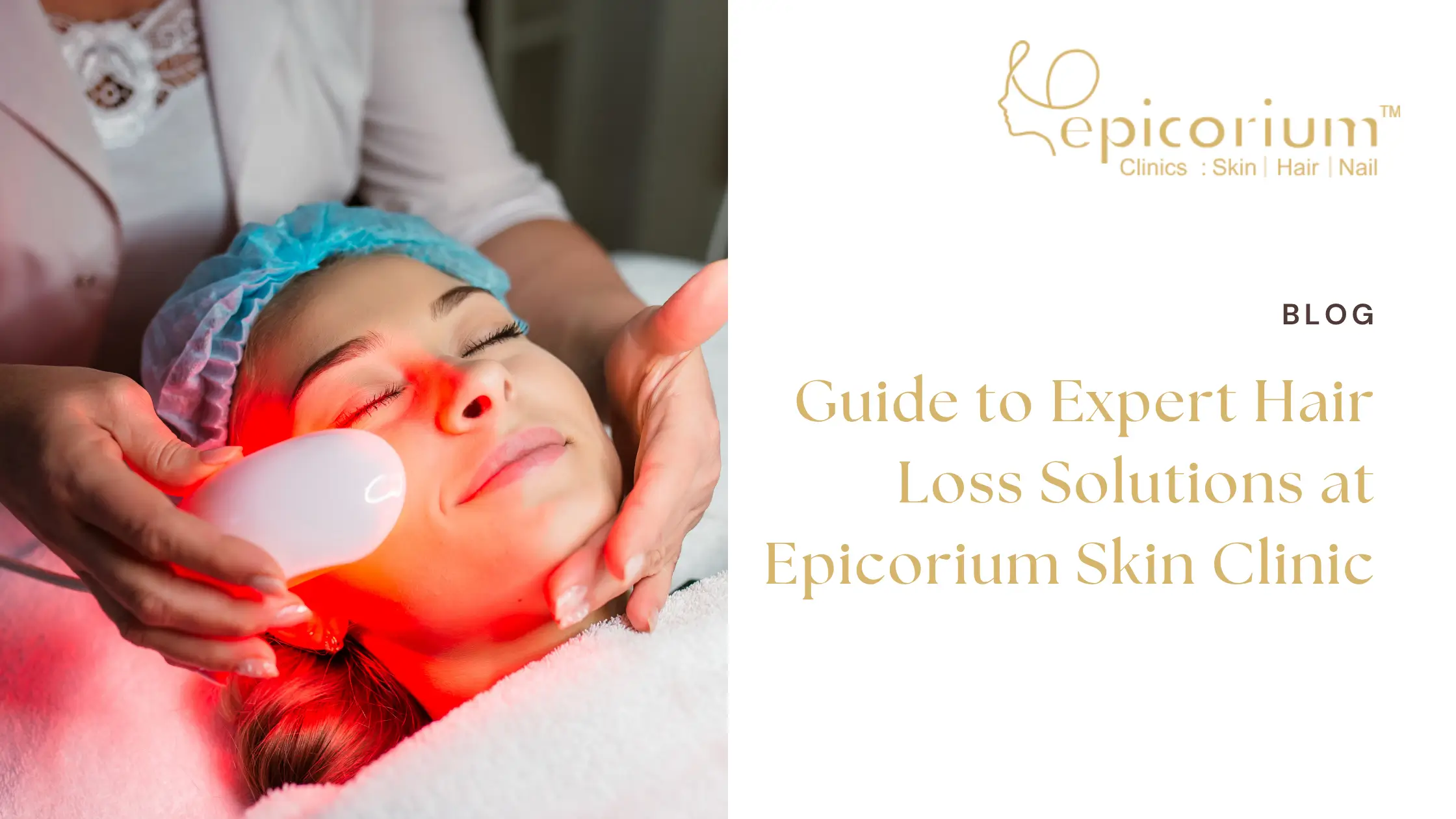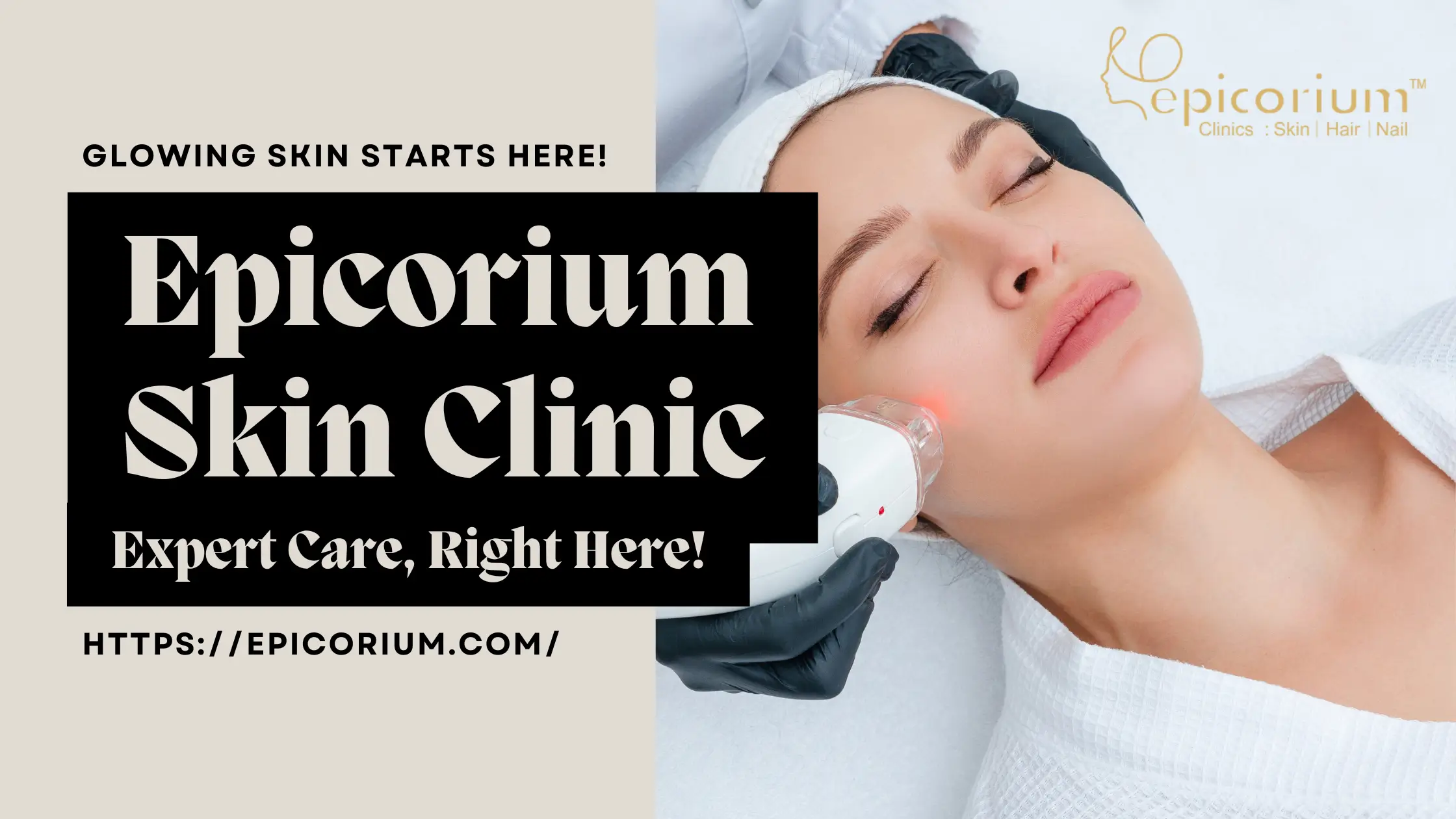
Anti-Aging Treatments: What Works and What Doesn’t
Table of Contents

Introduction
Aging is a natural part of life, but the desire to maintain a youthful appearance has led to a booming industry of anti-aging treatments. With so many options available, it can be challenging to discern what works and what doesn’t. This comprehensive guide will explore the science of aging, evaluate popular and emerging treatments, and debunk common myths to help you make informed decisions about your anti-aging regimen.
The Science of Aging
Understanding the science behind aging is crucial for choosing effective treatments. Aging results from various factors, including genetics, environmental exposure, and lifestyle choices, all contributing to the skin’s gradual decline in elasticity, moisture, and volume.

Factors Contributing to Skin Aging
Genetics and Aging
Genetics play a very significant role in how our skin ages over Time. Inherited traits can determine the rate at which we develop wrinkles, sagging, and other signs of aging. However, genetic predisposition isn’t the sole determinant, and external factors can accelerate or mitigate these effects.
Environmental Impact on Skin
Environmental factors, such as sun exposure, pollution, and climate, significantly impact skin aging. UV radiation from the sun causes photoaging, leading to wrinkles, pigmentation, and loss of skin elasticity. Pollution can also damage the skin barrier and accelerate aging.
Lifestyle Choices and Aging
Our daily habits and lifestyle choices greatly influence how our skin ages. Smoking, excessive alcohol consumption, and poor diet can exacerbate aging signs, while a healthy lifestyle can slow the process.
Diet and Skin Health
A balanced diet rich in antioxidants, vitamins, and minerals supports skin health. Nutrients like vitamin C, E, and omega-3 fatty acids promote collagen production and protect against free radicals, helping to maintain a youthful complexion.
The Role of Hydration
Hydration is essential for maintaining skin elasticity and preventing dryness. Drinking adequate water and using hydrating skincare products can help keep the skin plump and reduce the appearance of fine lines.

Popular Anti-Aging Treatments
Topical Creams and Serums
Topical treatments are among the most accessible and widely used anti-aging solutions. They often contain active ingredients that target specific signs of aging.
Botox and Fillers
Injectable treatments like Botox and dermal fillers offer immediate and noticeable results for reducing wrinkles and restoring volume.
What is Botox?
Botox is a neurotoxin that temporarily paralyzes muscles to smooth out dynamic wrinkles, such as crow’s feet and frown lines.
Types of Dermal Fillers
Dermal fillers, such as hyaluronic acid and calcium hydroxylapatite, are injected to restore volume, smooth wrinkles, and enhance facial contours.

Laser Treatments and Their Efficacy
Fraxel Lasers
Fraxel lasers create microscopic injuries in the skin, stimulating the body’s natural healing process and promoting collagen production.
IPL (Intense Pulsed Light)
IPL uses broad-spectrum light to target pigmentation, redness, and sun damage, improving overall skin tone and texture.

Non-Invasive Procedures
Microdermabrasion
Microdermabrasion exfoliates the skin’s surface, removing dead cells and promoting cell regeneration.
Chemical Peels
Chemical peels use acids to exfoliate the skin, reducing wrinkles, pigmentation, and uneven texture.
Microneedling
Microneedling involves creating tiny punctures in the skin to stimulate collagen production and improve skin texture.

Emerging Anti-Aging Treatments
Stem Cell Therapy
Stem cell therapy aims to regenerate damaged tissues and promote the growth of new, healthy cells.
PRP (Platelet-Rich Plasma) Therapy
PRP uses the patient’s blood plasma, rich in growth factors, to promote healing and rejuvenation.
At-Home Anti-Aging Devices
LED Light Therapy
LED light therapy uses different wavelengths of light to target various skin concerns, including aging and acne.
Radiofrequency Devices
Radiofrequency devices heat the skin to stimulate collagen production and tighten lax areas.
Debunking Common Anti-Aging Myths
Miracle Cures
There are no overnight solutions for aging; effective treatments require time and consistency.
Natural Remedies
While some natural ingredients can benefit the skin, not all are scientifically proven to be effective against aging.
Celebrity Endorsements
Celebrity-endorsed products may not always deliver the promised results; it’s essential to research and consult professionals.

How to Choose the Right Treatment
Consulting with Dermatologists
A dermatologist can assess your skin type and recommend suitable treatments based on your specific needs and concerns. Here at Epicorium our Dermatologists take special care in assessing your Skin and provide Excellent and satisfying Skin Results.
Understanding Your Skin Type
Knowing whether you have dry, oily, combination, or sensitive skin can help tailor your anti-aging routine.
Creating a Personalized Skin Care Routine
A personalized skincare routine, incorporating cleansers, moisturizers, and treatments suitable for your skin type, can enhance anti-aging results.
FAQs
1.What are the most effective anti-aging treatments?
The most effective anti-aging treatments include:
- Retinoids: These Vitamin A derivatives promote collagen production and cell turnover.
- Antioxidants: Ingredients like Vitamin C and E protect the skin from free radical damage.
- Sunscreen: Daily use of a broad-spectrum sunscreen prevents UV-induced aging.
- Peptides: These amino acids help in building proteins in the skin, enhancing its firmness.
- Hyaluronic Acid: This hydrates and plumps the skin, reducing the appearance of fine lines.
- Laser Therapy: Treatments like fractional CO2 lasers can resurface the skin and reduce wrinkles.
2. How often should I use retinoids?
- Start Slowly: Begin with a small amount of retinoid every other night to allow your skin to adjust.
- Increase Gradually: After a few weeks, if your skin tolerates it well, increase to nightly use.
- Moisturize: Always apply a moisturizer after using retinoids to reduce dryness and irritation.
- Consult a Dermatologist: For personalized advice, consult with a dermatologist who can recommend the appropriate frequency based on your skin type.
3. Are natural remedies effective against aging?
- Limited Efficacy: Some natural remedies can offer benefits, but they often lack the potency of clinically proven treatments.
- Popular Natural Ingredients:
- Aloe Vera: Known for its soothing properties.
- Green Tea: Contains antioxidants that may help protect the skin.
- Honey: Has moisturizing and antibacterial properties.
- Supplement, Don’t Substitute: Natural remedies can be good supplements but should not replace scientifically validated treatments.
4. Can diet really impact skin aging?
- Yes, it can:
- Antioxidant-rich Foods: Fruits and vegetables high in antioxidants (e.g., berries, leafy greens) help combat free radicals.
- Healthy Fats: Omega-3 fatty acids found in fish, flaxseeds, and walnuts can maintain skin moisture.
- Hydration: Drinking plenty of water helps keep the skin hydrated and plump.
- Limit Sugar and Processed Foods: These can accelerate aging through glycation, damaging collagen and elastin.
5. What are the risks of Botox and fillers?
- Botox Risks:
- Bruising and Swelling: Temporary but common side effects.
- Headache: Some people experience headaches after treatment.
- Drooping: Incorrect administration can cause temporary drooping of eyelids or eyebrows.
- Fillers Risks:
- Infection: Though rare, it is possible.
- Lumps or Bumps: Improper injection technique can lead to uneven texture.
- Allergic Reactions: Rare but possible, especially with certain types of fillers.
- Choosing a Qualified Provider: To minimize risks, always choose a board-certified dermatologist or plastic surgeon.
6. How can I maintain results from anti-aging treatments?
- Consistent Skincare Routine: Maintain a daily routine that includes cleansing, moisturizing, and using sunscreen.
- Follow-up Treatments: Regular maintenance treatments, as recommended by your dermatologist, can help prolong results.
- Healthy Lifestyle: Eat a balanced diet, stay hydrated, exercise regularly, and avoid smoking.
- Sun Protection: Use a broad-spectrum sunscreen daily and wear protective clothing to shield your skin from UV rays.
- Gentle Care: Avoid harsh skincare products and treatments that can irritate your skin.
Conclusion
Navigating the world of anti-aging treatments can be overwhelming, but understanding what works and what doesn’t can help you make informed decisions. From topical creams to advanced procedures, effective anti-aging strategies require consistency and a tailored approach. Consulting with dermatologists and adopting a healthy lifestyle can further enhance your journey to youthful skin.
Our Clinic Locations –
Epicorium HSR Bengaluru –
- Phone Number – +91 89708 22333
- Email Address – [email protected]
- Clinic Timings – Mon-Sat: 10:00 AM to 08:00 PM
- Clinic Address – L373, 6th Sector HSR Layout, Bengaluru – 560102
Epicorium Kochi –
- Phone Number – +91 74061 88800
- Email Address – [email protected]
- Clinic Timings – Mon-Sat: 11:00 AM – 07:00 PM (Sunday Closed)
- Clinic Address – 39/2882-A2 & A3, Davids Pavilion, Stadium Link Road, Kochi, Ernakulam – 682017



